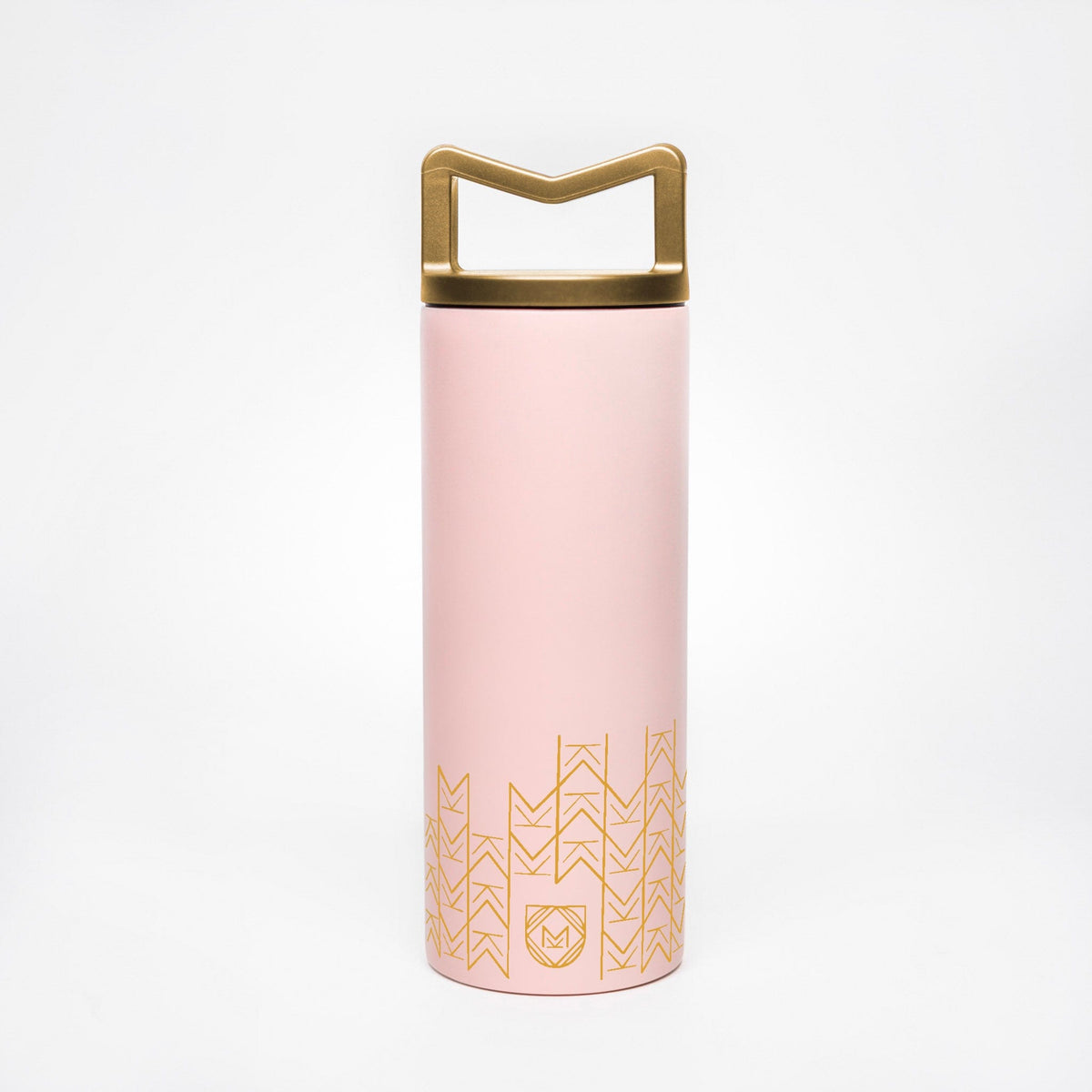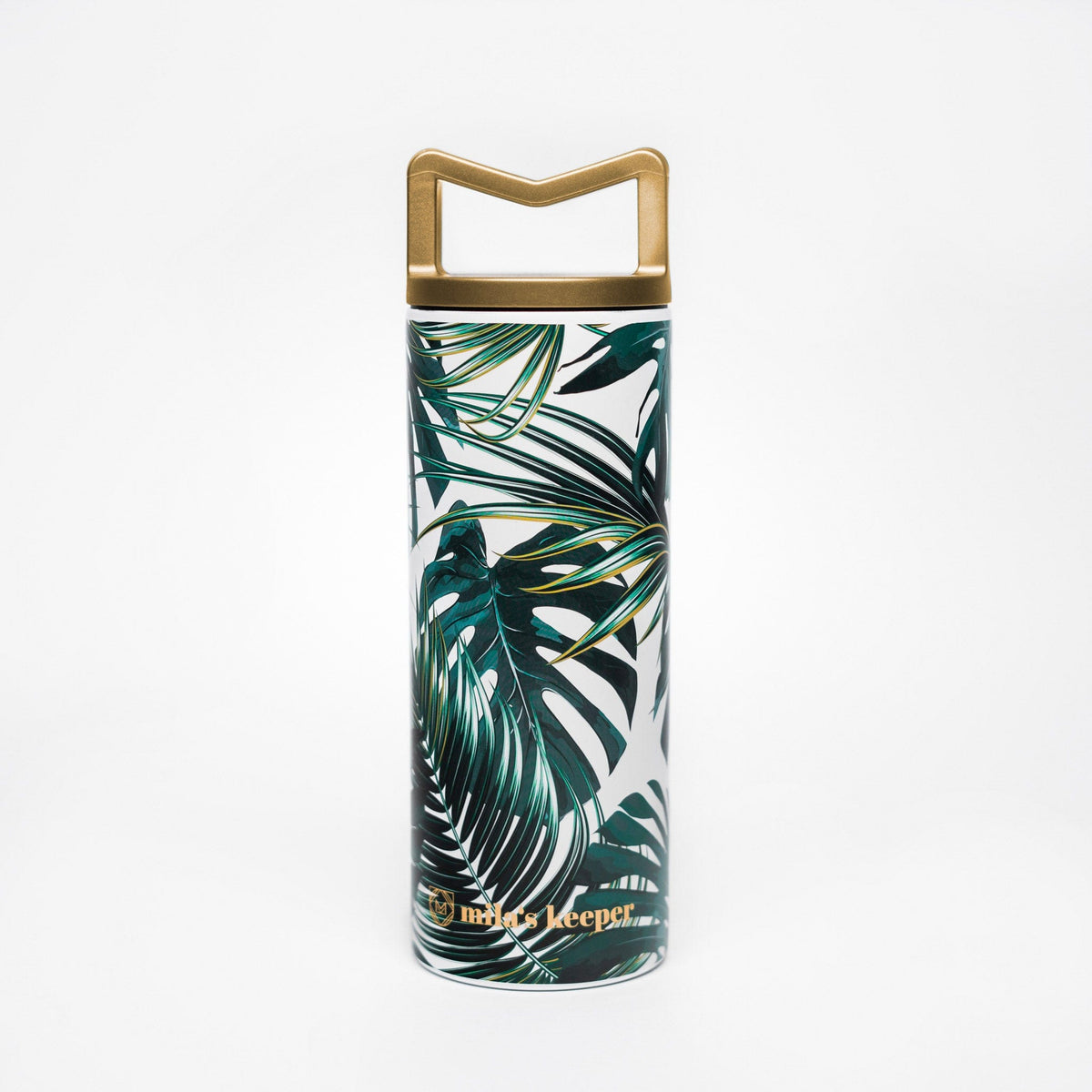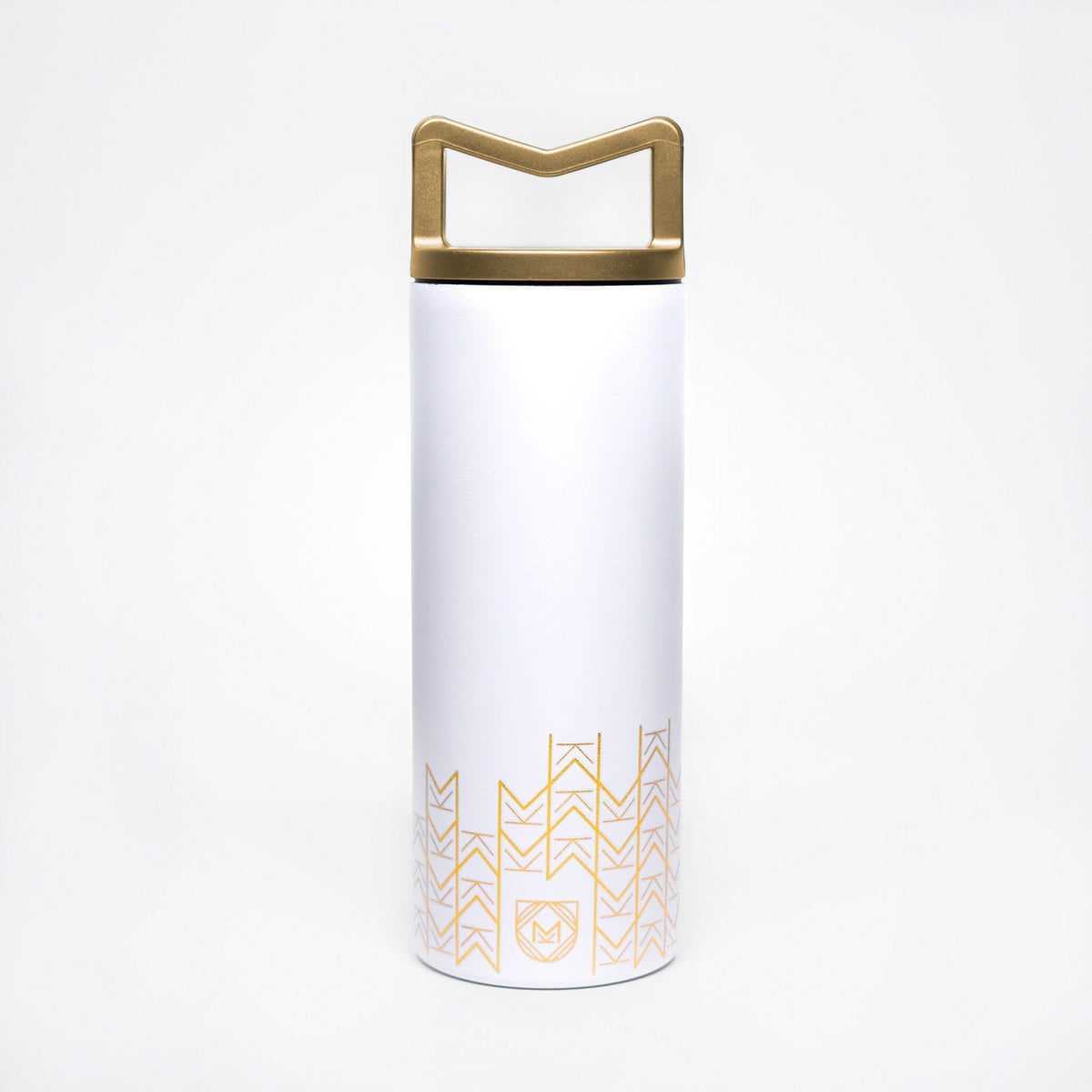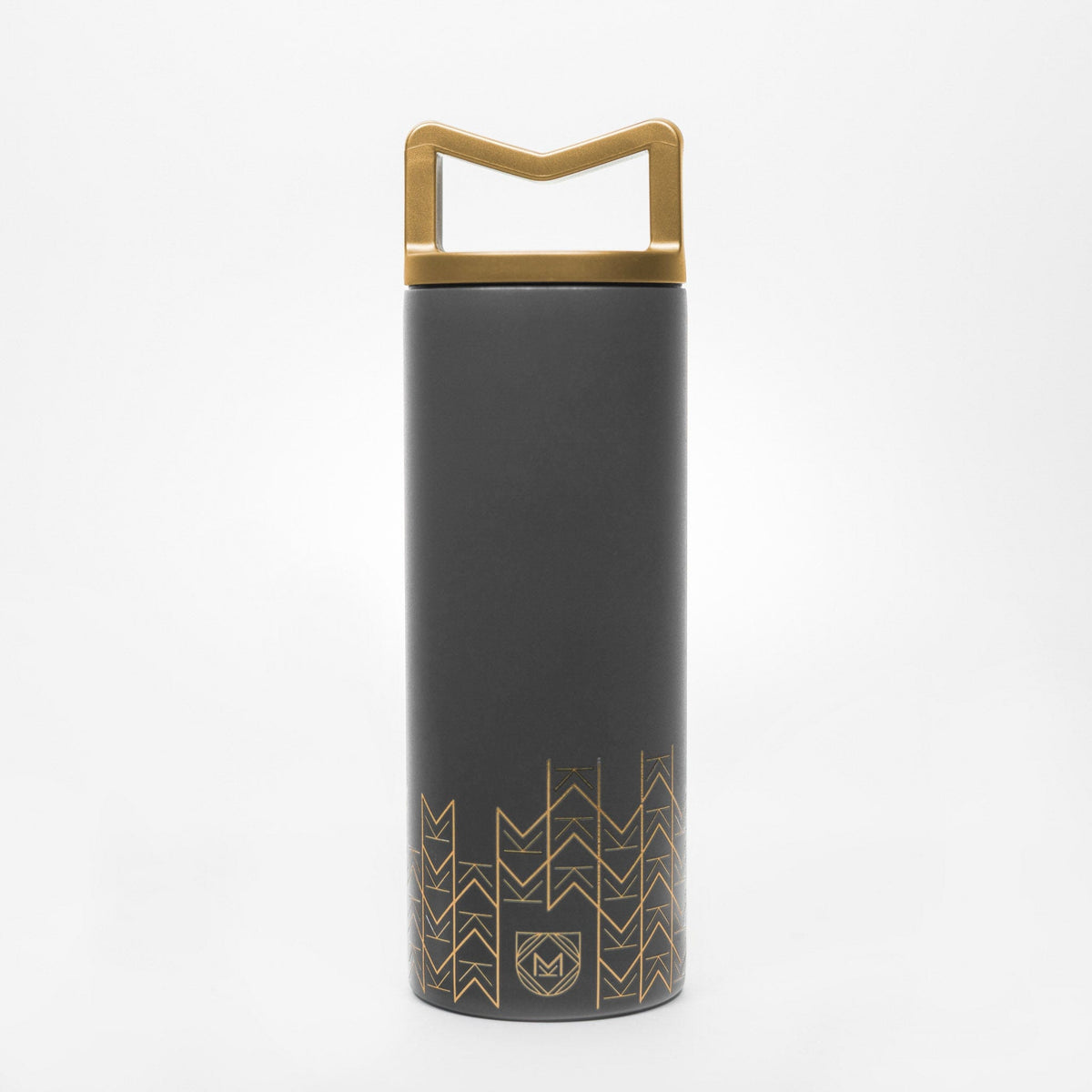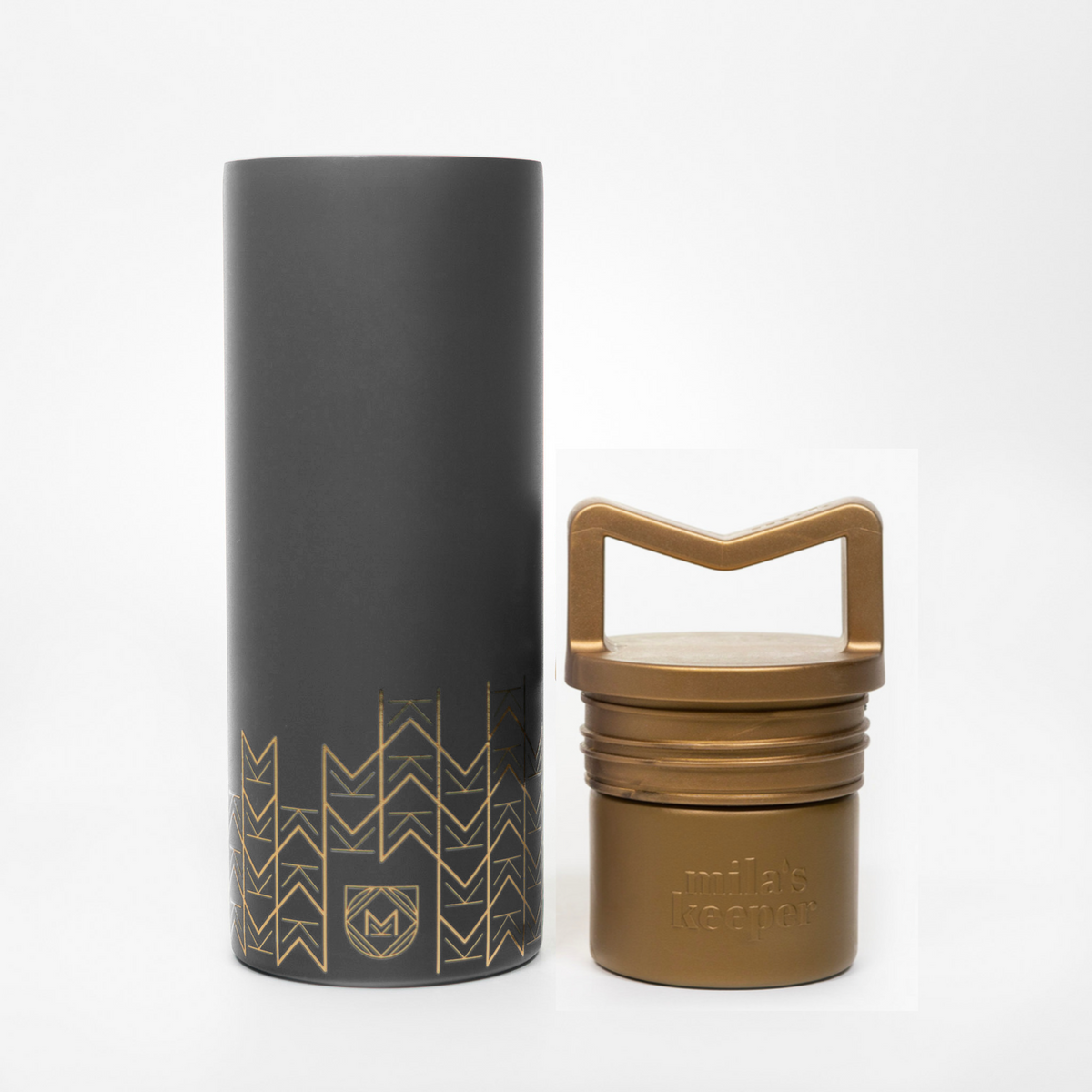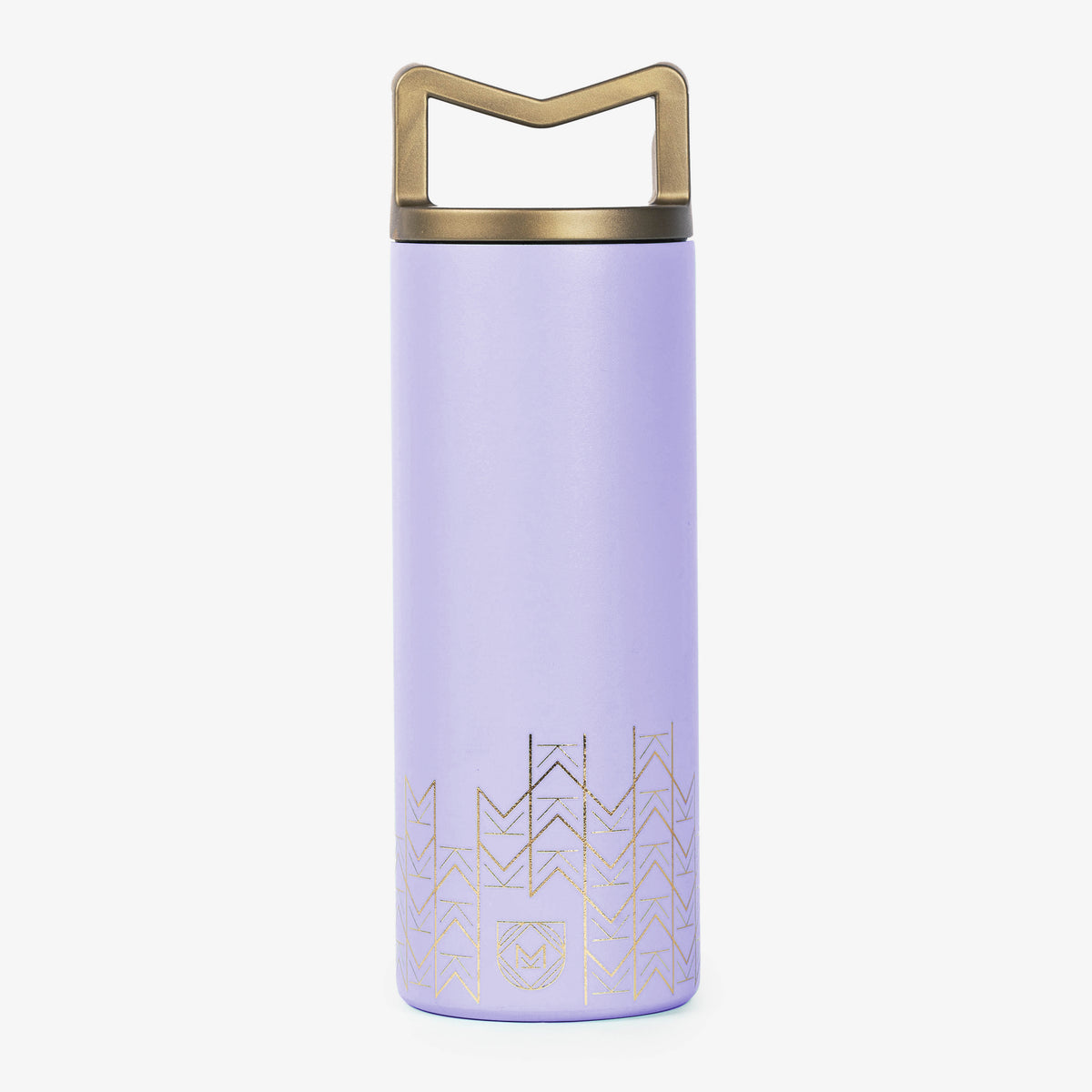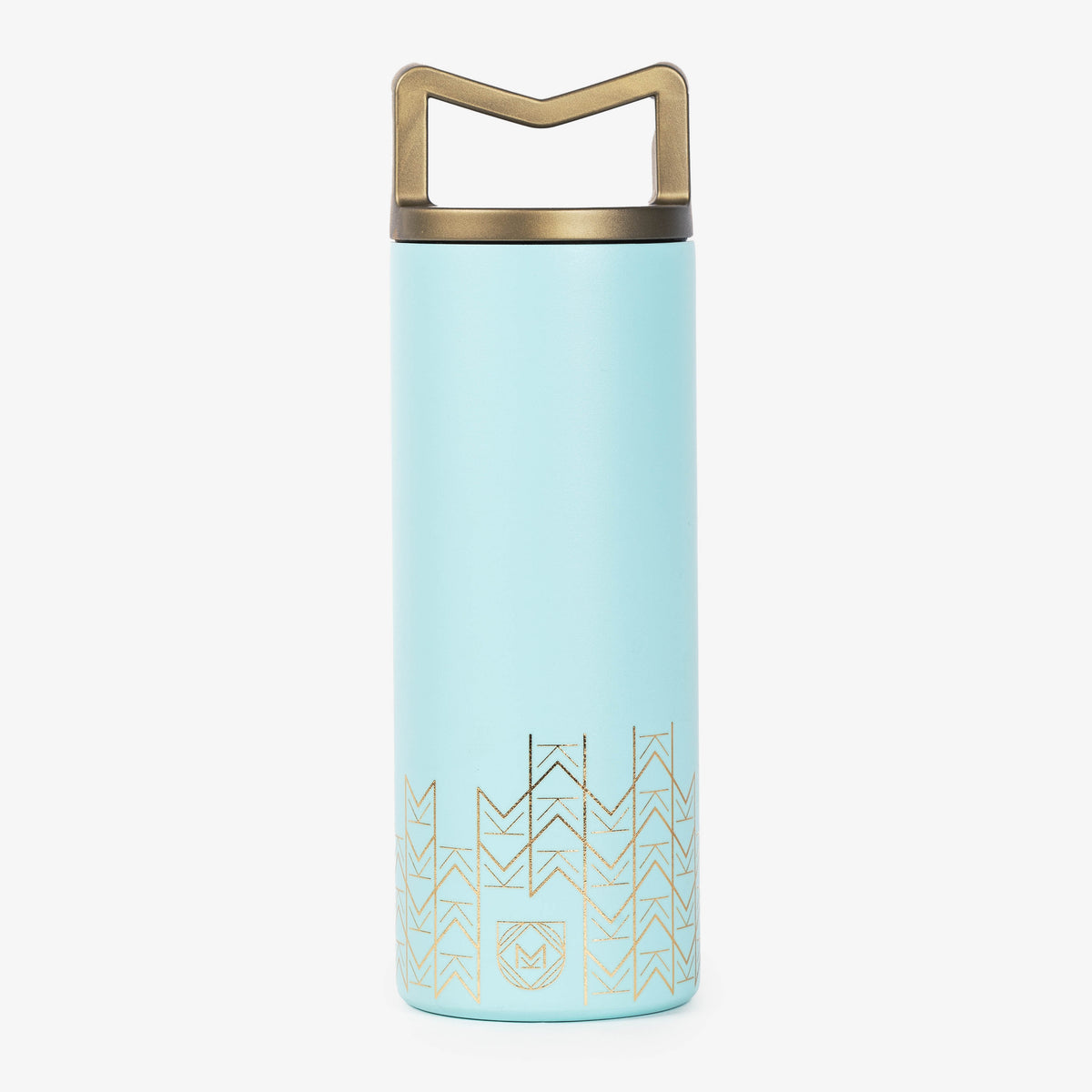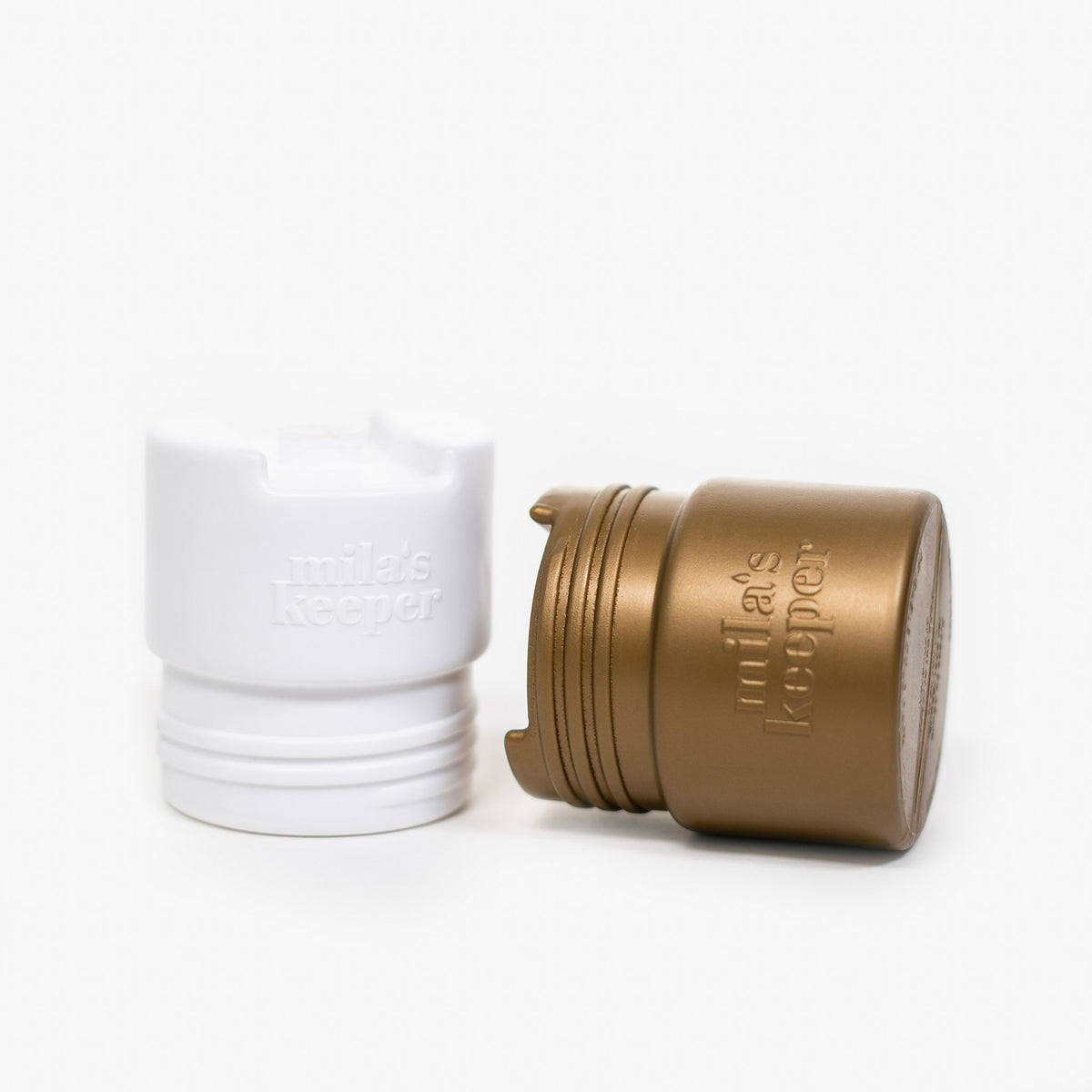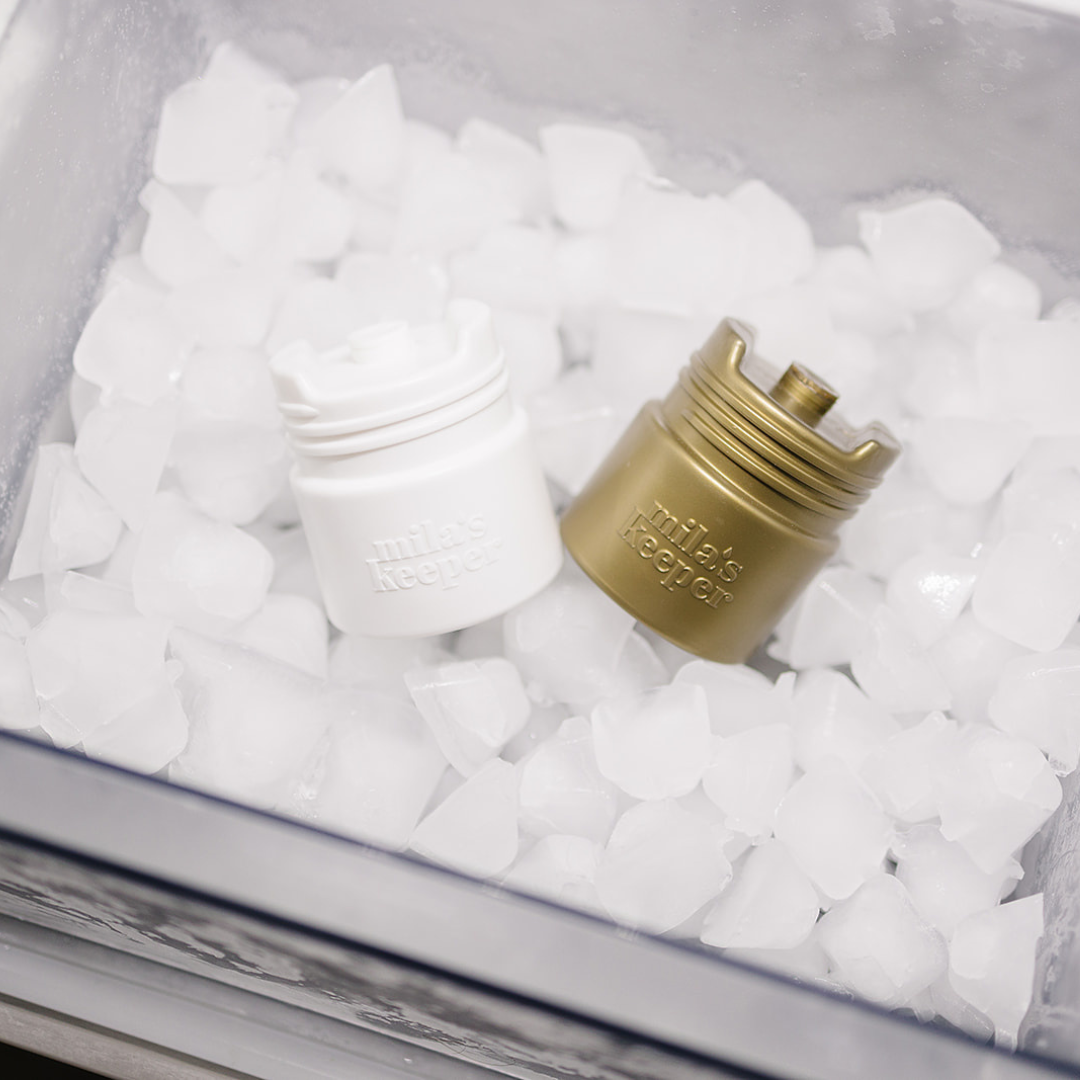Nursing, a beautiful bonding experience between a mother and her baby, can sometimes hit a road bump called a "nursing strike." Nursing strikes, though challenging, are usually temporary and can be navigated with patience and understanding. It's a chance for both mom and baby to adapt and find new ways to connect.
So, if your little one decides to take a break from breastfeeding, take a deep breath, try not to take it personally, and explore different soothing techniques. Whether it's a playful distraction, a cozy cuddle, or introducing a new feeding environment, finding what works best for both of you can help smooth out the wrinkles in your breastfeeding journey. After all, parenthood is a journey of surprises, and a nursing strike is just one of those unexpected detours on the road of motherhood.
What is a Nursing Strike? Understanding Your Baby’s Refusal to Breastfeed
A nursing strike happens when a baby who has been happily breastfeeding suddenly refuses to latch and nurse. It's like your little one is on a hunger strike against the boob buffet. It's crucial to note that a nursing strike is different from weaning, where a baby gradually stops breastfeeding. A strike is more abrupt, leaving moms puzzled and, let's face it, a tad worried.
According to experts, it’s unusual for babies to wean themselves, especially if they’re under the age of one. If they’re all of a sudden refusing to take the breast, it’s probably a nursing strike.
These strikes can be triggered by various factors, and it's not uncommon for them to catch you off guard. Imagine your little one, who has been a breastfeeding champion, suddenly turning away from the breast and wanting nothing to do with it. Illness, teething, or a simple shake-up in routine can throw your tiny human for a loop, causing them to temporarily snub the breast.
Think of it like this: Your baby is teething, and those little gums are sore – it's like trying to chew on a steak with a toothache! No wonder they might be less enthusiastic about nursing. And let's not forget about illness – a sniffly nose can make latching a less appealing prospect for your little one.
Changes in routine can also cause havoc with your nursing routine. Babies thrive on predictability, and any deviation can lead to a temporary strike. A change in scenery or feeding environment can throw them off their game. It's not them rejecting you; it's just their way of saying, "Hey, I need a little breather here!"

Breastfeeding Strike: Recognizing the Signs and Responding Appropriately
Navigating the twists and turns of the breastfeeding journey can be a joyous adventure, but when your little one throws a curveball in the form of a breastfeeding strike, recognizing the signs becomes paramount. Signs of a breastfeeding strike often manifest as increased fussiness during feeds, persistent pulling away from the breast, or, in some cases, an outright refusal to latch.
Distinguishing these signs from other feeding difficulties is crucial for responding appropriately. A breastfeeding strike is characterized by a sudden change in behavior, a stark departure from the usual harmonious breastfeeding routine. On the other hand, persistent feeding problems may be rooted in ongoing issues such as latch problems, tongue tie, or inadequate milk supply. If your baby's discomfort appears more enduring or is connected to specific breastfeeding challenges, seeking guidance from a lactation consultant or pediatrician can provide insights and a tailored approach.
In the delicate dance of decoding your baby's cues, it's essential to remember that each infant is unique. Understanding their signals is akin to learning a personalized language – a blend of trial and error combined with a touch of parental intuition. To effectively respond to a breastfeeding strike, observing your baby's overall behavior is key. Is the refusal to latch accompanied by increased fussiness or any signs of discomfort? Pinpointing the triggers, such as teething, illness, or changes in routine, can offer valuable insights into their momentary aversion to breastfeeding.
How Long Do Nursing Strikes Last? Setting Realistic Expectations
In the realm of breastfeeding strikes, there's no magic formula to pinpoint exactly how long they'll last. While the general consensus leans towards a few days to a couple of weeks, it's essential to recognize the nuanced factors that contribute to this timeframe. Picture it as a brief hiatus your little one takes from the breast buffet, influenced by elements such as the trigger of the strike, your baby's temperament, and their responsiveness to changes in routine or soothing techniques. Some babies may swiftly return to breastfeeding, almost as if the strike never happened, while others may require a more extended intermission.
Understanding the duration of a nursing strike is akin to predicting the weather; you can make an educated guess, but there's always room for unforeseen shifts. Patience becomes a virtuous ally during this period. Though the days may stretch, especially when faced with the storm of sleepless nights and parental concerns, acknowledging that the strike is a temporary phase provides a reassuring perspective.
Maintaining composure and adapting to your baby's cues is paramount. Whether experimenting with diverse feeding positions, creating a serene nursing environment, or offering additional cuddles and comfort, flexibility and responsiveness emerge as guiding principles.

Overcoming a Nursing Strike: Strategies for Encouraging Your Baby to Breastfeed Again
Overcoming a nursing strike isn’t always easy, but fear not, for there are strategies to gently encourage your baby back to breastfeeding bliss. One tried-and-true method is the magic of skin-to-skin contact. Strip your little one down, exposing their precious skin to yours, creating an intimate and reassuring environment. This tactile connection not only fosters warmth but can trigger your baby's instinct to seek out the breast. It's like a comforting reunion that speaks volumes in the language of touch.
Another savvy strategy involves crafting a serene feeding environment. Create a quiet, cozy nook where you and your baby can escape the hustle and bustle. Dim the lights, play some soft tunes, and let the peaceful ambiance work its wonders. Babies, much like adults, appreciate a calm setting for their meals.
Consistency is the unsung hero in overcoming a nursing strike. Stick to a routine as much as possible, providing predictability for your baby. Whether it's the time of day, your chosen feeding positions, or even the cozy blanket you use, these consistent elements create a reassuring framework for your little one. Picture it as a reassuring rhythm that guides them back to the familiarity of breastfeeding.
Some parents who've weathered breastfeeding strikes suggest that introducing novel and engaging distractions during feeds can sometimes work wonders. From playful games to soothing music, finding creative ways to capture your baby's attention can help rekindle their interest in nursing.
Parents also share heartwarming stories of success with innovative feeding positions. Sometimes, it's about thinking outside the traditional cradle or football hold. Experimenting with different angles and setups might just uncover the winning combination that sparks your baby's interest.
Additionally, offering your breast when your baby is drowsy but not fully asleep can be a game-changer. It's like catching them in that delightful twilight zone between wakefulness and dreamland, where the instinct to nurse might be more pronounced. Remember, the goal is not just to feed but to rekindle the emotional connection between you and your baby.
Whatever you do, it’s important to keep putting your baby to the breast. They may refuse it right away, but it’s important to keep offering it. Also, remember that your baby may be just as unhappy about the situation as you are- probably even more so! Try to keep your frustration from showing and give your little one some extra care and love during this time.

Emotional Support and Self-Care During a Breastfeeding Strike
The journey through a breastfeeding strike not only presents a physical challenge but also unfolds as an emotional odyssey for mothers. The emotional impact of experiencing rejection or a perceived disconnection during what is typically envisioned as a harmonious bonding time can be deeply felt. Picture it as your baby turning away from an eagerly anticipated embrace, leaving you with a swirl of emotions – confusion, frustration, and perhaps a touch of melancholy.
Recognizing and acknowledging these feelings is a crucial first step in managing the emotional aspect of a breastfeeding strike. In this whirlwind of emotions, prioritizing self-care becomes essential.
A leisurely bath, a captivating book, or a moment of quiet introspection can serve as therapeutic respites, offering a chance to recharge amidst the challenges.
However, the importance of seeking support should not be understated. Not only could it be good for you to be around other mamas and their babies at this time, but it could be beneficial for your little one too. This is one of those instances when a little peer pressure might be a good thing, and your baby being around other nursing babies could get them back on track.
Trying to cope with the stress that a nursing strike might create is a top priority for any mama going through it. Talk to your partner or anybody that is around to help you. Let them know you need some extra time to go for a walk or some quiet time for some meditation, whatever it is that can help keep you level during this time.
Another critical thing to do during this time is to protect your supply. Hopefully, you can work through a nursing strike within a few days and your little one will be back to themselves and ready to nurse like this whole thing never happened. If you haven’t been expressing your breast milk during this nursing strike, you risk a diminished supply of breast milk, something that could possibly frustrate your hungry little one and lead to an ongoing issue. If you haven’t had to regularly pump, make sure you have all the breastfeeding products you need to keep your supply up to speed.
Recognizing the emotional toll of a breastfeeding strike may prompt mothers to consider seeking support from mental health professionals. A counselor or therapist can provide a safe space for expressing and processing emotions, offering coping mechanisms to navigate this unique chapter of motherhood.
The collective journey of motherhood is marked by shared experiences, and acknowledging the emotional nuances of a breastfeeding strike while actively engaging in self-care and seeking support from a diverse network is a powerful approach to holistic well-being. By embracing these dimensions, mothers can navigate the emotional terrain with resilience and emerge from the breastfeeding strike with a strengthened sense of self and a deepened connection with their little ones.

When to Seek Professional Help for a Nursing Strike
Navigating the complexities of a nursing strike can be a rollercoaster ride for any breastfeeding parent. While these challenges often resolve with time and patience, there are instances where seeking professional help becomes necessary.
One key indicator is persistent nipple pain that extends beyond the typical discomfort experienced during breastfeeding. This could signify an underlying issue such as an improper latch or tongue tie, which may require expert intervention to address effectively.
Similarly, if your baby constantly struggles to latch or displays signs of frustration during feeding attempts, reaching out to a healthcare provider or lactation consultant can offer invaluable support and guidance. These professionals possess the expertise to assess your baby's feeding behavior and provide tailored strategies to overcome any obstacles.
Additionally, if your little one exhibits symptoms of dehydration, such as decreased urine output or lethargy, it's crucial to seek prompt medical attention to ensure their well-being. Remember, recognizing the need for professional help is not a sign of failure but rather a proactive step toward ensuring the optimal health and happiness of both you and your baby.
By reaching out for support when needed, you're taking an active role in overcoming breastfeeding challenges and fostering a positive feeding experience for you and your little one. So, don't hesitate to lean on the expertise of healthcare professionals who are dedicated to supporting you on your breastfeeding journey.
In conclusion:
In the intricate tapestry of parenthood, adapting to unexpected detours like a breastfeeding strike becomes a testament to resilience and flexibility. With patience, understanding, and a willingness to explore alternatives, you can navigate this temporary challenge and forge a stronger connection with your baby. Remember, it's all part of the ever-evolving adventure of motherhood.
Keep Reading related blog: 9 Reasons Why You Should Speak With A Lactation Consultant
A female-designed and female-run company, Mila's Keeper is on a mission to empower women to thrive during their breastfeeding journey by offering reusable, eco-friendly breast milk storage solutions for their day-to-day needs. Get the latest tips and info on Mila's Keeper products by following us on Facebook, Twitter, Instagram, Pinterest, and LinkedIn.









